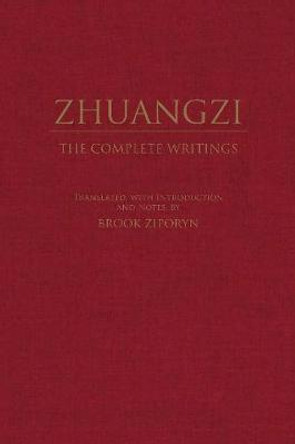Description
Only by understanding Dao (the Way of Nature) and dwelling in its unity can humankind achieve true happiness and freedom, in both life and death. This is the central tenet of the philosophy espoused by Zhuangzi (369?-286? BCE) in the book that bears his name. A leading philosopher of the Daoist strain, Zhuangzi used parable and anecdote, allegory and paradox, to set forth the early ideas of what was to become the Daoist school. Witty and imaginative, enriched by brilliant imagery, and making sportive use of both mythological and historical personages (including even Confucius), this is a timeless classic.
About the Author
Burton Watson has taught at Columbia, Stanford, and Kyoto Universities and is one of the world's best-known translators of Chinese and Japanese works. His translations include The Demon at Agi Bridge and Other Japanese Tales, The Analects of Confucius, The Tales of the Heike, and The Lotus Sutra; the writings of Mozi, Xunzi, and Han Feizi; The Columbia Book of Chinese Poetry; and Sima Qian's Records of the Grand Historian.
Reviews
Burton Watson... possesses all the qualities which distinguish a master translator. As a craftsman and as a poet, he has inspired and challenged two generations. Asian Affairs Translation of any of the classics... from the hand of Burton Watson is an event to be welcomed with gratitude. Journal of Asian Studies
Book Information
ISBN 9780231129596
Author Zhuangzi
Format Paperback
Page Count 168
Imprint Columbia University Press
Publisher Columbia University Press






